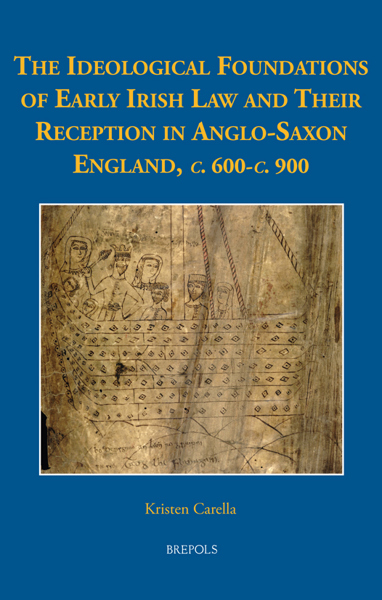
The Ideological Foundations of Early Irish Law and Their Reception in Anglo-Saxon...
View publication
"If the role of editor can be seen as akin to that of expositor and prompter, certainly Butterworth has drawn together a varied - and generally lively - cast of contributors. Each offers a thoughtful discussion of aspects of Butterworth's theme as identified in the volume's title." (Ian Brown, in: Theatre Notebook, Volume 62, n° 3, 2008, p. 173-174)